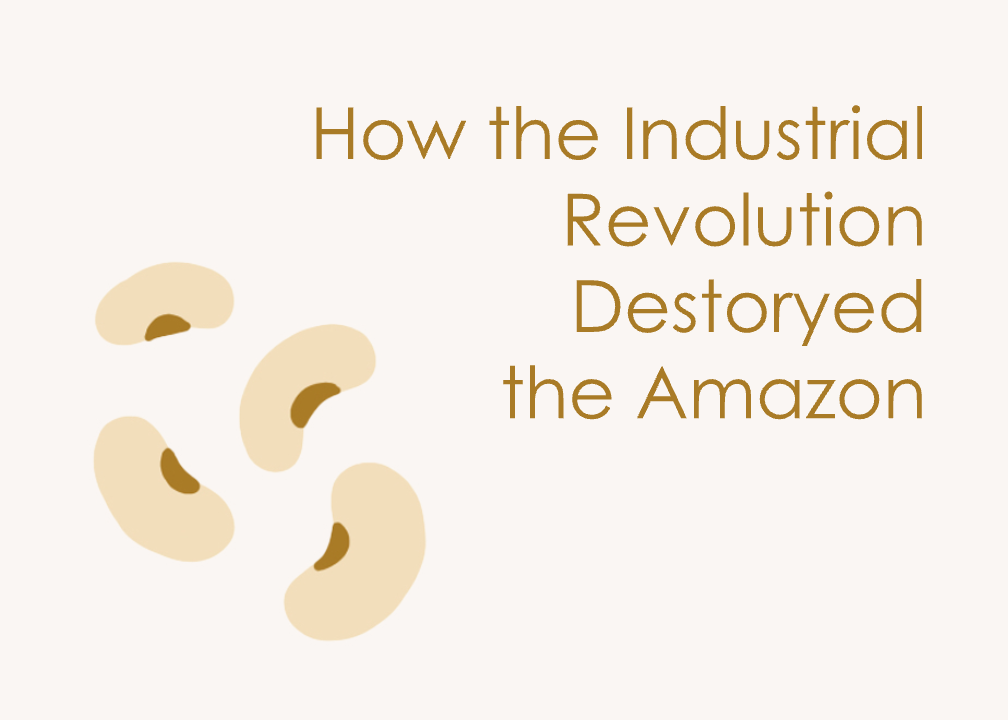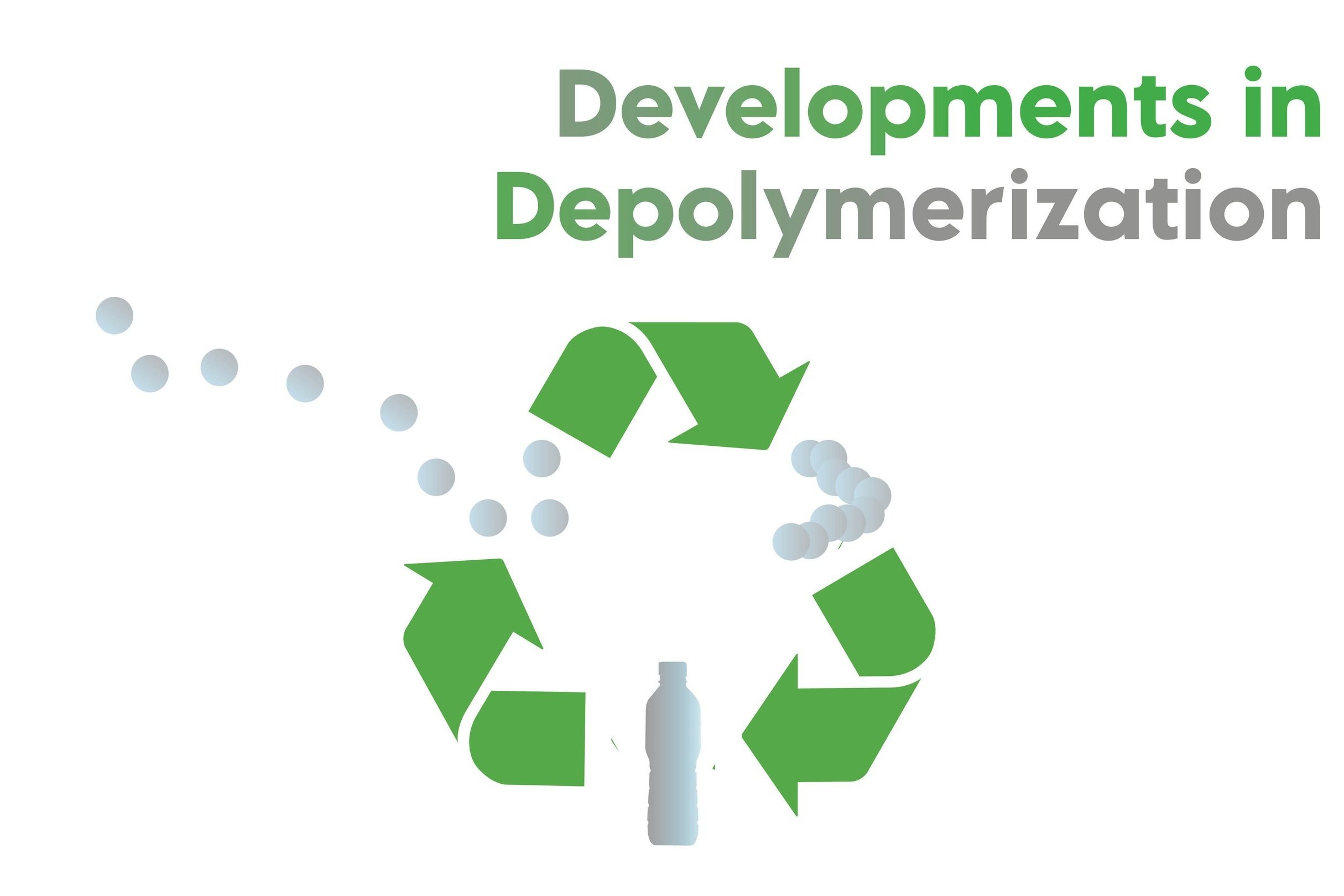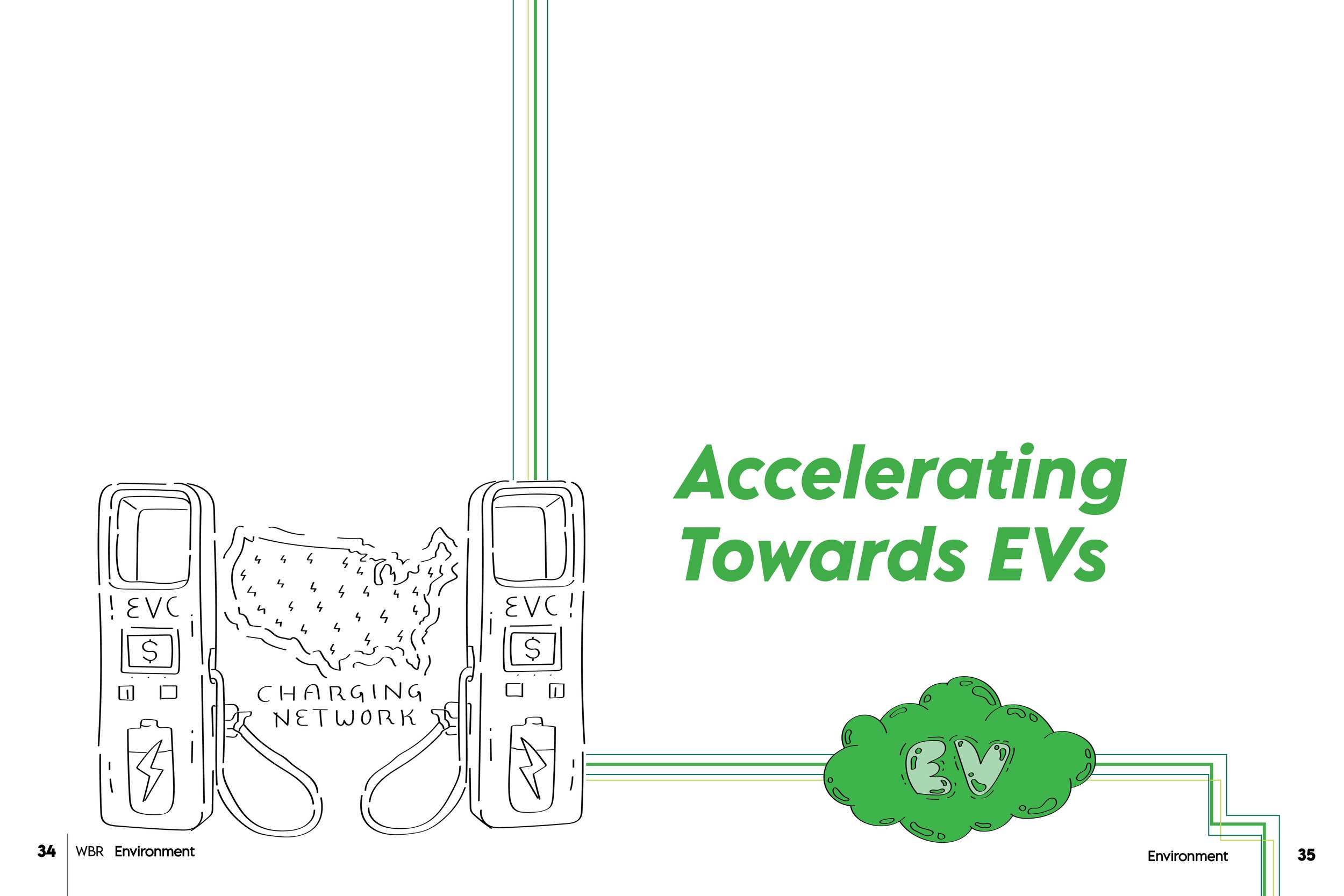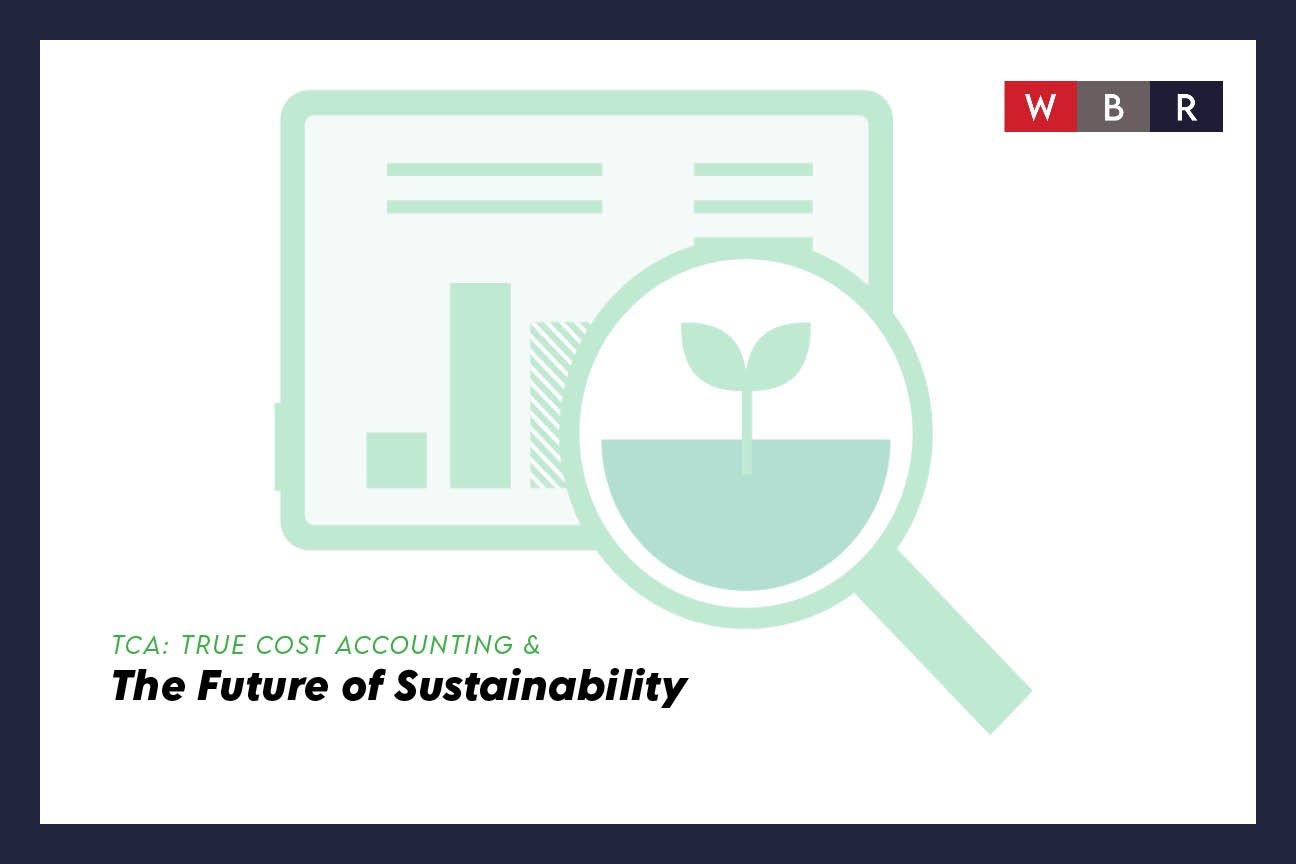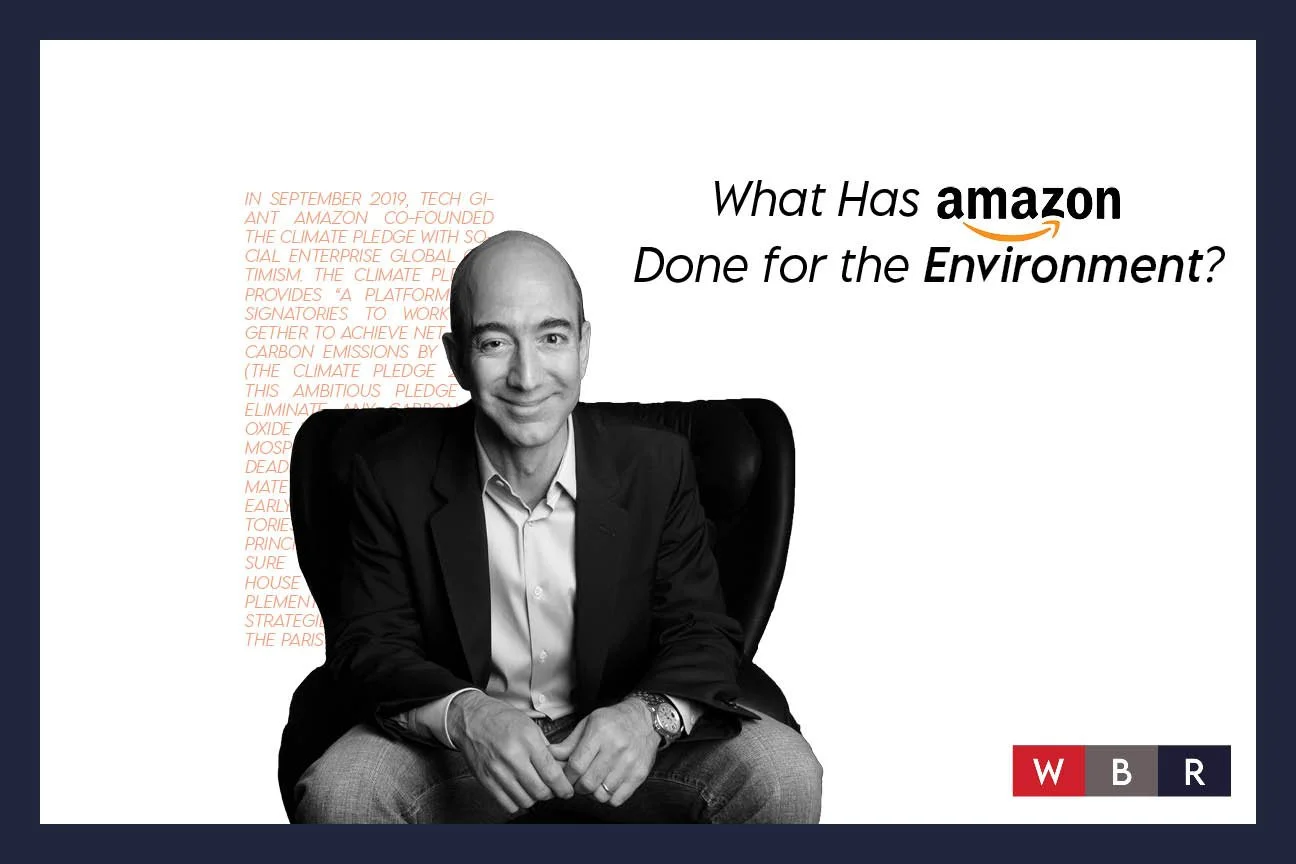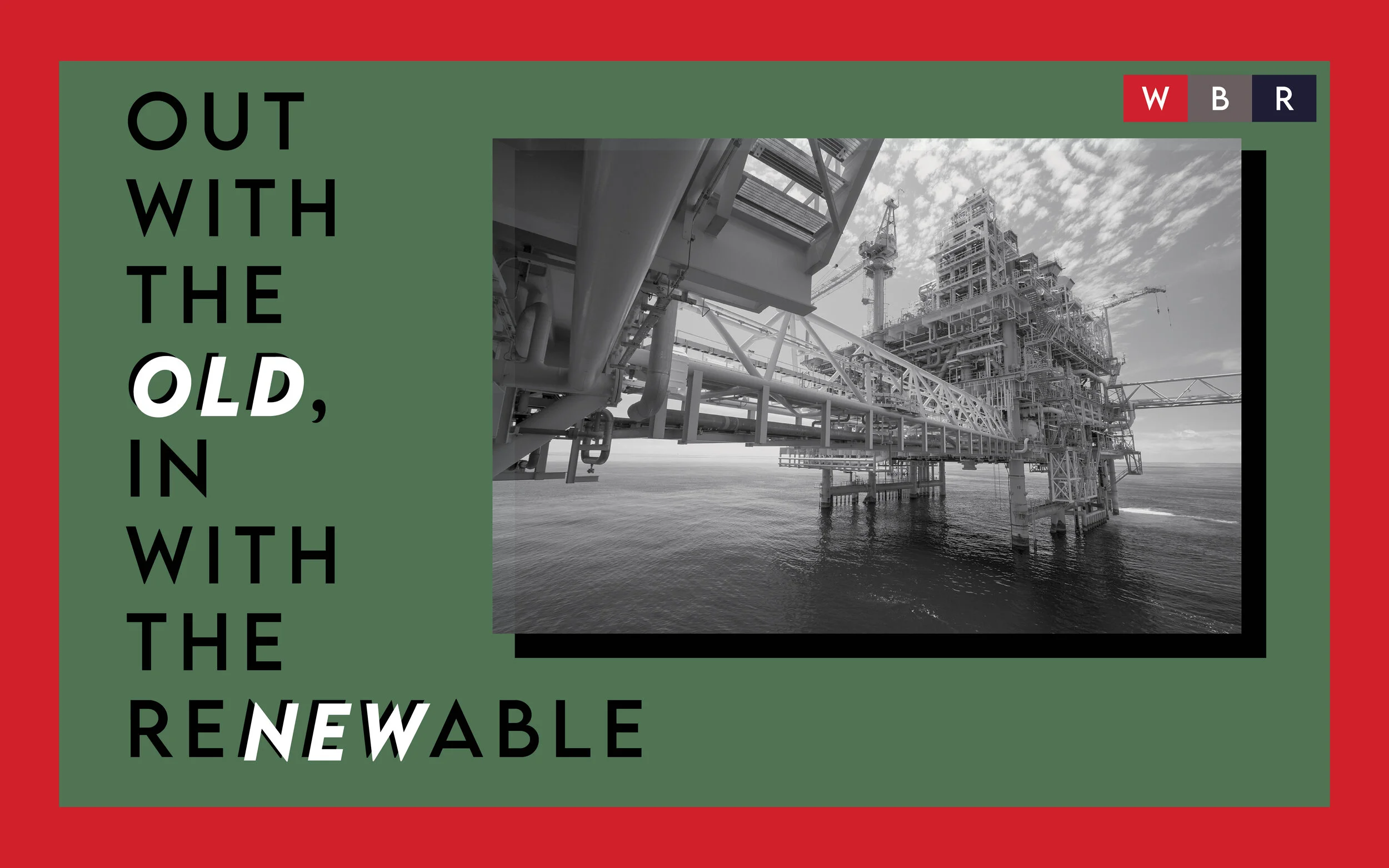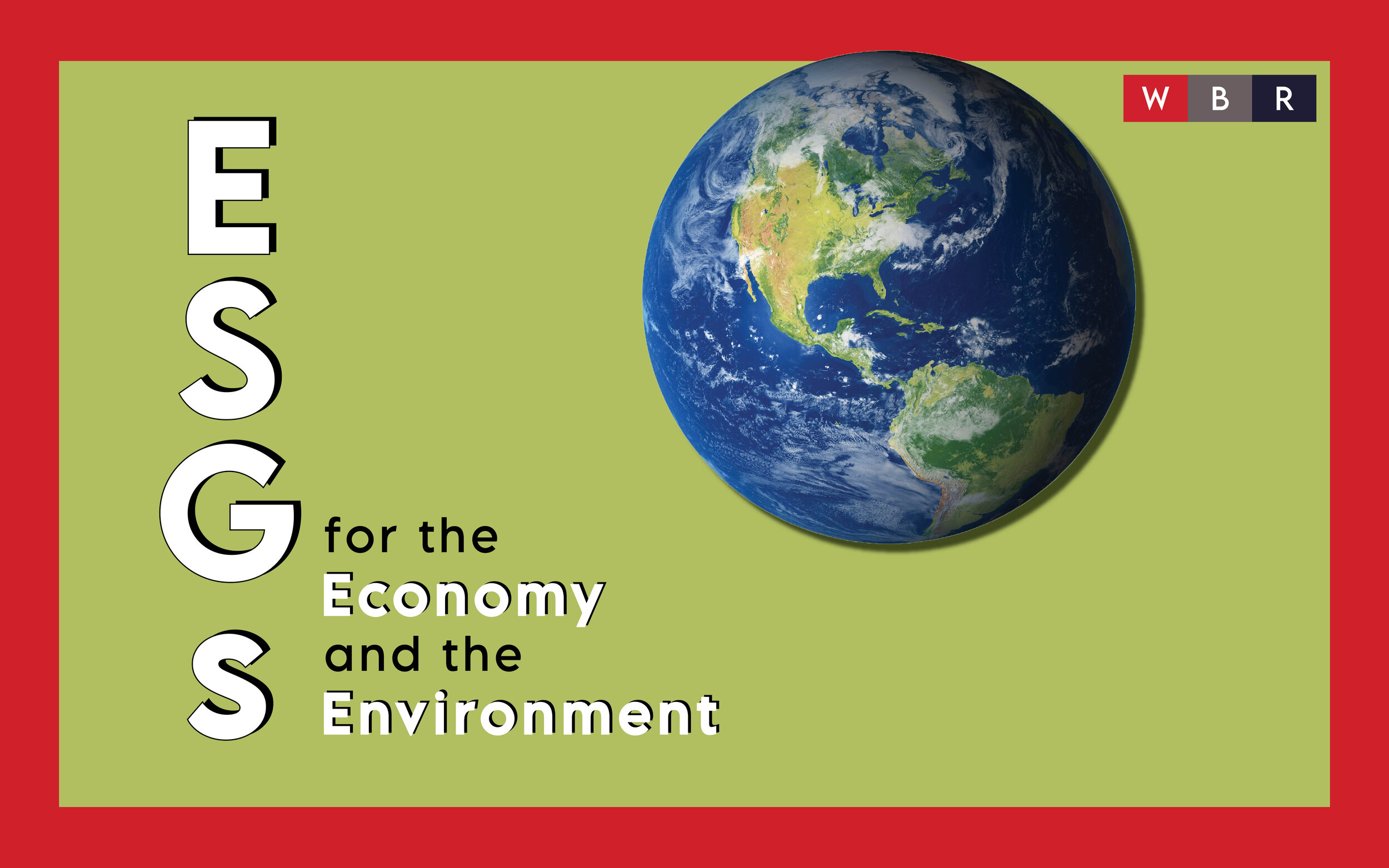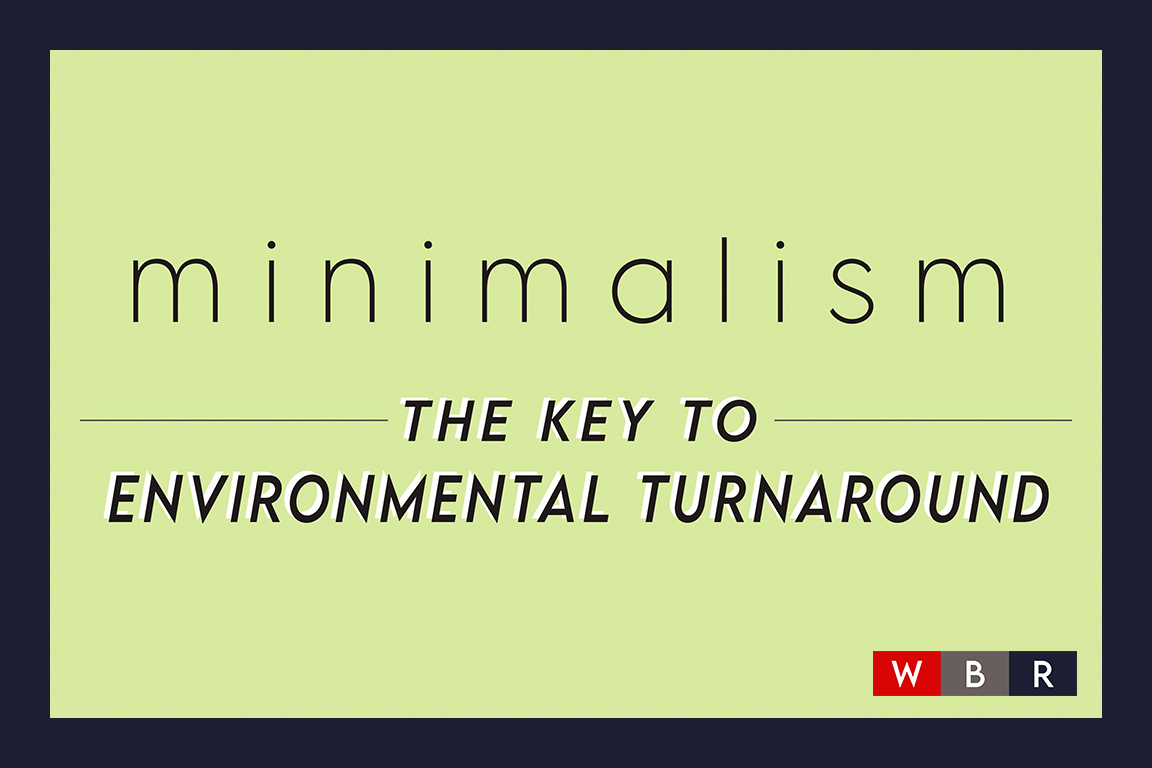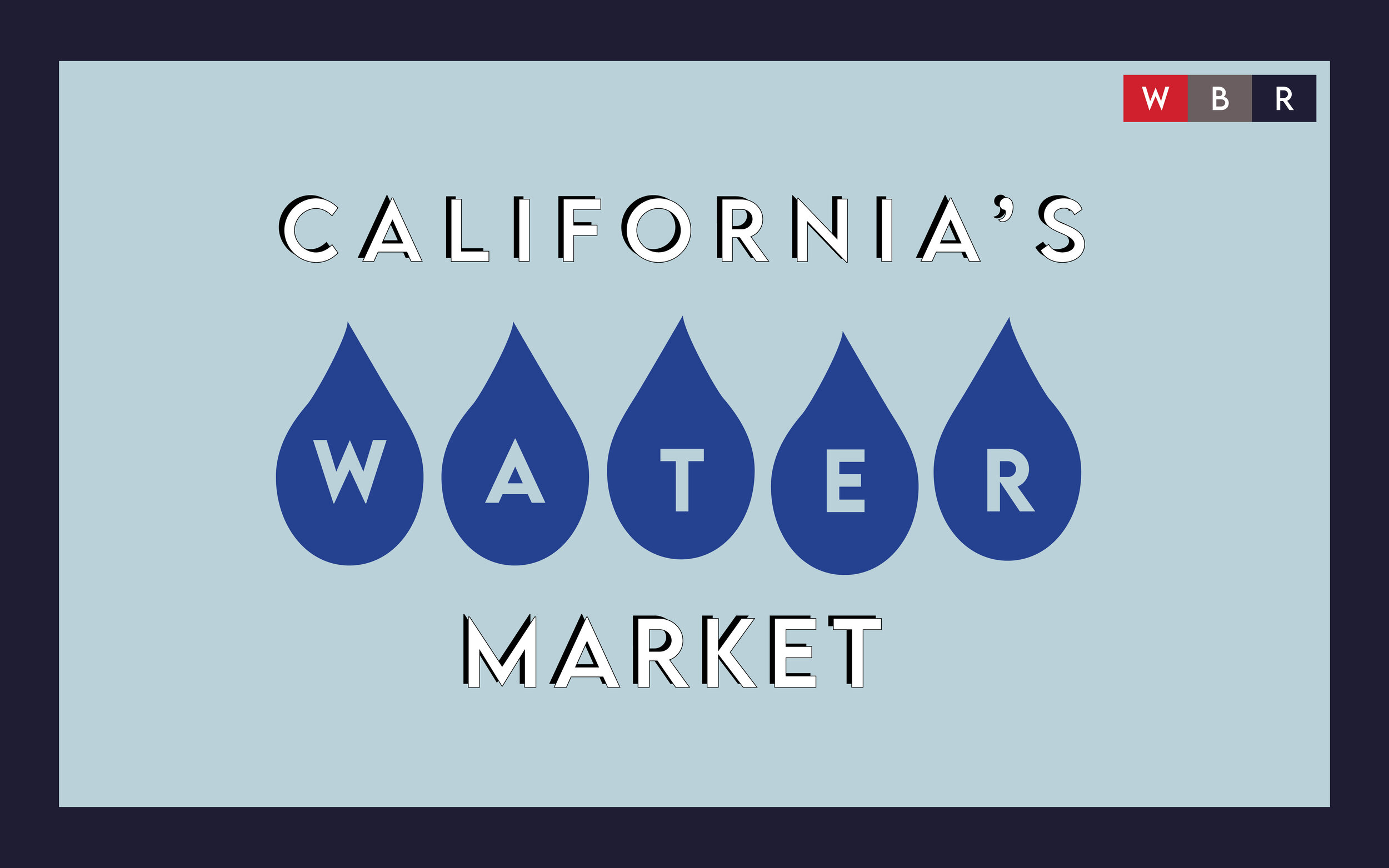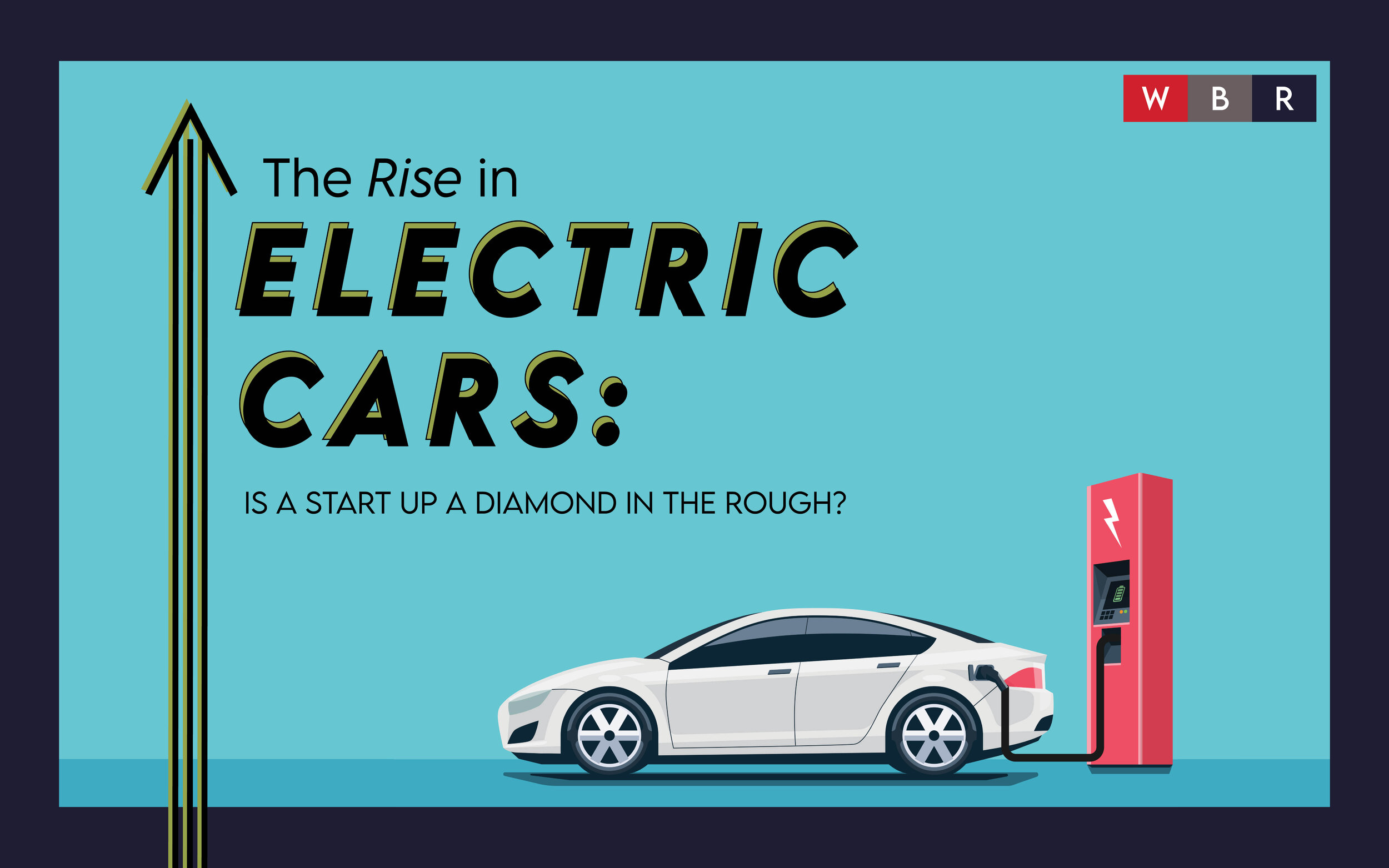Environmental Economics
Issue IX
Dear Reader,
Welcome to the Environmental Economics section of the Wesleyan Business Review. Our goal is to inform our readers of the environmental perspectives that are increasingly influencing the business world, given the growing demand for sustainability.
As we approach future decades, market transformations will play a crucial role in mitigating climate change. This space serves as a platform for our writers to share their viewpoints on environmental initiatives within the business sector.
For our readers, we underscore the immediate need for sustainable thinking to ensure a safe and secure future for the upcoming generations. We hope that you enjoy these articles!
Best,
Noah Yanowitch ‘26 & Lucas Ruehlemann ‘25
Issue VIII
Issue VII
Dear Reader,
The Wesleyan Business Review Environmental Economics Column hopes to educate and inspire you. Environmental perspectives in business are growing necessary as the demand for a more sustainable society rises. In the coming decades, market shifts will be pivotal in slowing climate change. The environmental section of the Wesleyan Business Review provides a platform for our writers—the future of the business world—to share their perspectives on environmental initiatives in the business sector. For our readers, the section emphasizes the importance of sustainable thinking right now in order to assure a safe future for future generations. Our writers discuss topics ranging throughout all sectors. With the incorporation of their own thoughts, they not only present you, the reader, with a factual debrief but also present their own opinions on how to move forward.
I hope you enjoy and learn!
Best,
Cole Torino ‘24 & Max Hofstetter ‘24, Executive Co-Editors of the Environmental Economics Column
Issue VI
Dear Reader,
The Wesleyan Business Review Environmental Column hopes to educate and inspire you. Environmental perspectives in business are growing necessary as the demand for a more sustainable society rises. In the coming decades, market shifts will be pivotal in slowing climate change. The environmental section of the Wesleyan Business Review provides a platform for our writers—the future of the business world—to share their perspectives on environmental initiatives in the business sector. For our readers, the section emphasizes the importance of sustainable thinking right now in order to assure a safe future for future generations. Our writers discuss topics ranging throughout all sectors. With the incorporation of their own thoughts, they not only present you, the reader, with a factual debrief but also present their own opinions on how to move forward.
I hope you enjoy and learn!
Best,
Cole Torino ‘24, Executive Editor of the Environmental Column
Issue V
Dear Reader,
The Wesleyan Business Review Environmental Economics Column hopes to educate and inspire you. Environmental perspectives in business are growing necessary as the demand for a more sustainable society rises. In the coming decades, market shifts will be pivotal in slowing climate change. The environmental section of the Wesleyan Business Review provides a platform for our writers—the future of the business world—to share their perspectives on environmental initiatives in the business sector. For our readers, the section emphasizes the importance of sustainable thinking right now in order to assure a safe future for future generations. Our writers discuss topics ranging throughout all sectors. With the incorporation of their own thoughts, they not only present you, the reader, with a factual debrief but also present their own opinions on how to move forward.
I hope you enjoy and learn!
Best,
Cole Torino ‘24, Executive Editor of the Environmental Economics Column
Issue IV
Issue III
Dear Reader,
As the Wesleyan Business Review entered its third issue, it was clear to The Board that a vacuum existed in the publication’s topic coverage: the environment. The next three decades as we look to 2050 and the rest of the century will not only require economics, but also require an unprecedented level of global cooperation from governments, firms, and individuals unlike anything the human race has ever seen in order to address the existential threat that is climate change. As head of the Environmental Economics Column, I hope to not only bridge the gap between the private sector and the environment, but also provide a platform for Wesleyan students to write about these incredibly important issues. Through groundbreaking innovation, reshaped environmental consciousness, and an interested, active economy, that gap has begun to close. The Environmental Column’s goal is not intended to lecture the reader on the history of the world we live in. Rather, we aim to bring attention to current events, changes, and innovations that connect economies to the natural world. Inside of this column, we cover many topics ranging from oil company reinventions to water futures during a water crisis. As this is the first edition of Wesleyan Business Review with an Environmental Column, I cannot thank our writers enough for courageously taking the first leap into an unknown territory. I hope you enjoy reading our take on economies and the environment!
Pura Vida,
JJ LaCorte ‘22
Issues I & II
Due to Issue I and II not having dedicated Environmental Economics Columns, the Wesleyan Business Review has designated the following articles as part of the column.
Dear Reader,
The Wesleyan Business Review Environmental Economics Column was created a year ago in order to broaden the horizons of which our writers and readers look at business. Integrated from the rise of environmental awareness, the Environmental Economics Column has continued to grow to its largest edition yet! In turn, we have been able to explore more pressing topics in the environmental space. As you read through this section of WBR that contains an array of diverse topics and styles, we challenge you to do a few things. First, aim to truly digest what each article is about. Second, reflect on these matters and form your own opinions. Third, spread the word of these environmental predicaments found in business in order to influence more change. I would like to personally thank all the writers involved in our WBR Environmental Economics Column, their hard work, passion, and courage has made this incredible platform available for you to view. I hope you enjoy our take on the coalition of the environment and business today.
Pura Vida,
JJ LaCorte ‘22, Executive Editor of the Environmental Economics Column




